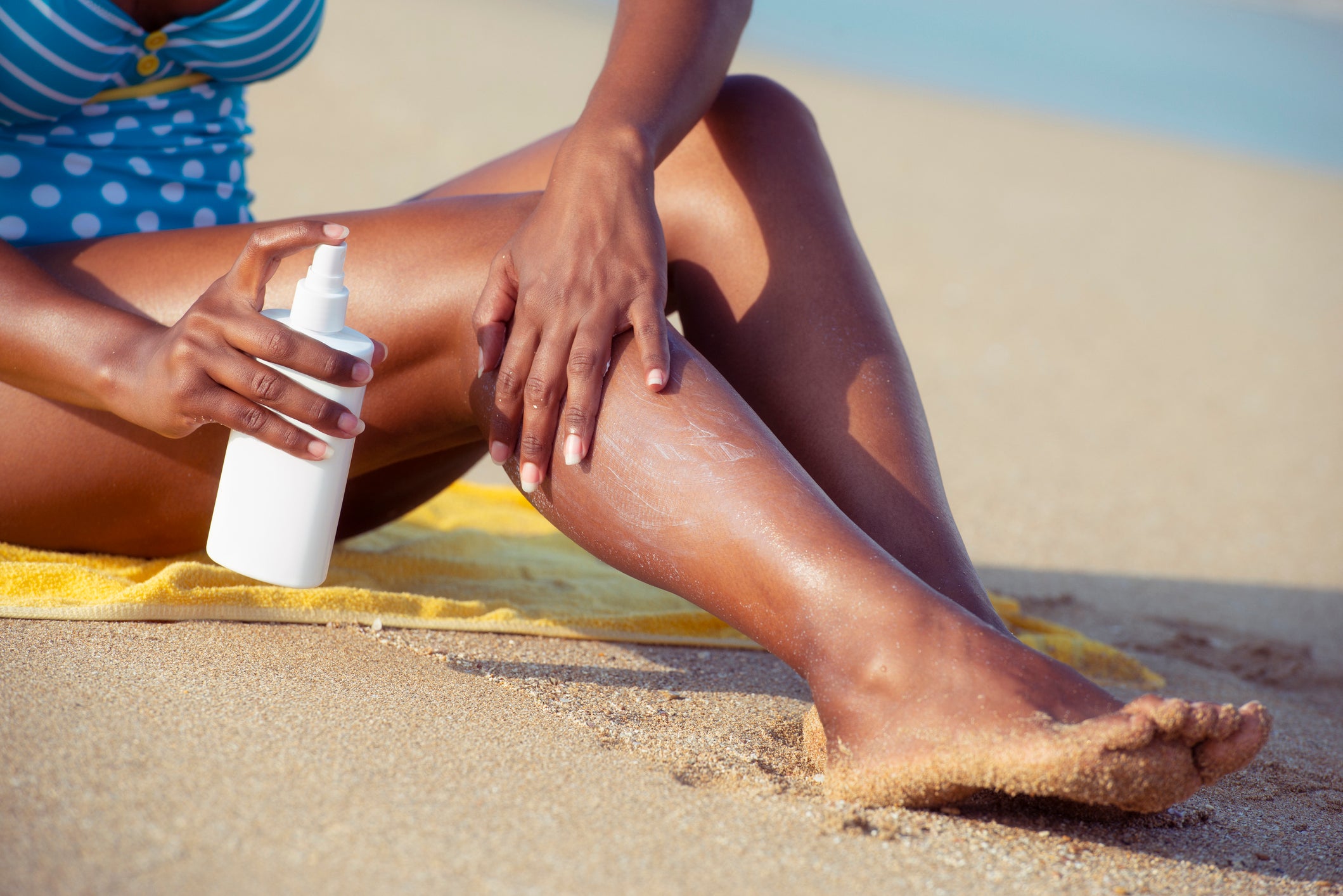Colourism has always plagued me as a black woman – this summer will be a real test
Extended family members would tell me I have a ‘beautiful complexion’ and I should do everything to ‘protect it’ from the sun


As the British sun comes out, I have always loved the opportunity to spend more time with loved ones in parks and gardens. But I have also found it difficult to deal with the comments that brings.
Growing up, I was always told to stay away from direct sunlight because it would make me darker. Apparently, that would also make me less attractive.
This is a specific brand of racism called “colourism”. While we know racism exists around the world, many people don’t know it can also occur between minority racial groups and within them.
The BBC calls colourism “discrimination against dark-skinned people in favour of lighter-skinned people within the same race”. It also includes people that treat others with a lighter skin tone better, says the BBC.
As a young black woman, I have always known that a lot of people consider being lighter-skinned as being prettier and darker-skinned as being less attractive. Extended family members would tell me I have a “beautiful complexion” and I should do everything to “protect it” from the sun.
During the first lockdown, when I took up long-distance running, the first thing my aunt told me was to “at least run in the shade”. I wore a cap to try and protect my face and started slathering on the sunscreen.
This week, I asked her if she ever tans and she said, “No, because I will lose my lovely colour.” When I probed her further, she said she didn’t want to look “too dark” because she wanted to retain her “beauty and youth”.
I don’t think my aunt should be blamed, for she is also a victim of damaging ideals. But where has this all come from? Arguably, such attitudes are a relic of slavery, where white slave masters would show preference to lighter-skinned slaves.
It is interesting, and wholly damaging, how all of this filtered through to me. I would be reluctant to show too much skin in the summer – let alone tan.
I would see it as an achievement if I didn’t have to swap out my winter foundation shade for a darker summer colour, and would exfoliate to within an inch of my life every night so I could keep my “winter colour”.
To keep up to speed with all the latest opinions and comment, sign up to our free weekly Voices Dispatches newsletter by clicking here
Even in more recent years, there has been very little representation of darker-skinned black or brown people in the media or the arts. In the latest season of Netflix’s Bridgerton, the series has been applauded for casting two darker-skinned South Asian women leads, who are often under-represented on screen. A step towards the right direction I would say, but not far enough.
We don’t need one or two examples of greater representation, but different types of beauty – in all its shapes, forms and skin tones – normalised in the media and arts.
This year, I am determined to try and unlearn some of the damaging associations I have with the summer sun as a black woman. I have already spent a small fortune on some new bikinis.
It will be a struggle – and I cannot imagine I will suddenly wake up one day and have been cured of my internal conflicts surrounding the summer. Rather, it will be a conversation I will have with myself day in and day out until I learn that beauty is not a skin tone.
In the meantime, I’m looking forward to basking in the (semi) warm British rays of sunshine in our local parks or gardens.
Join our commenting forum
Join thought-provoking conversations, follow other Independent readers and see their replies